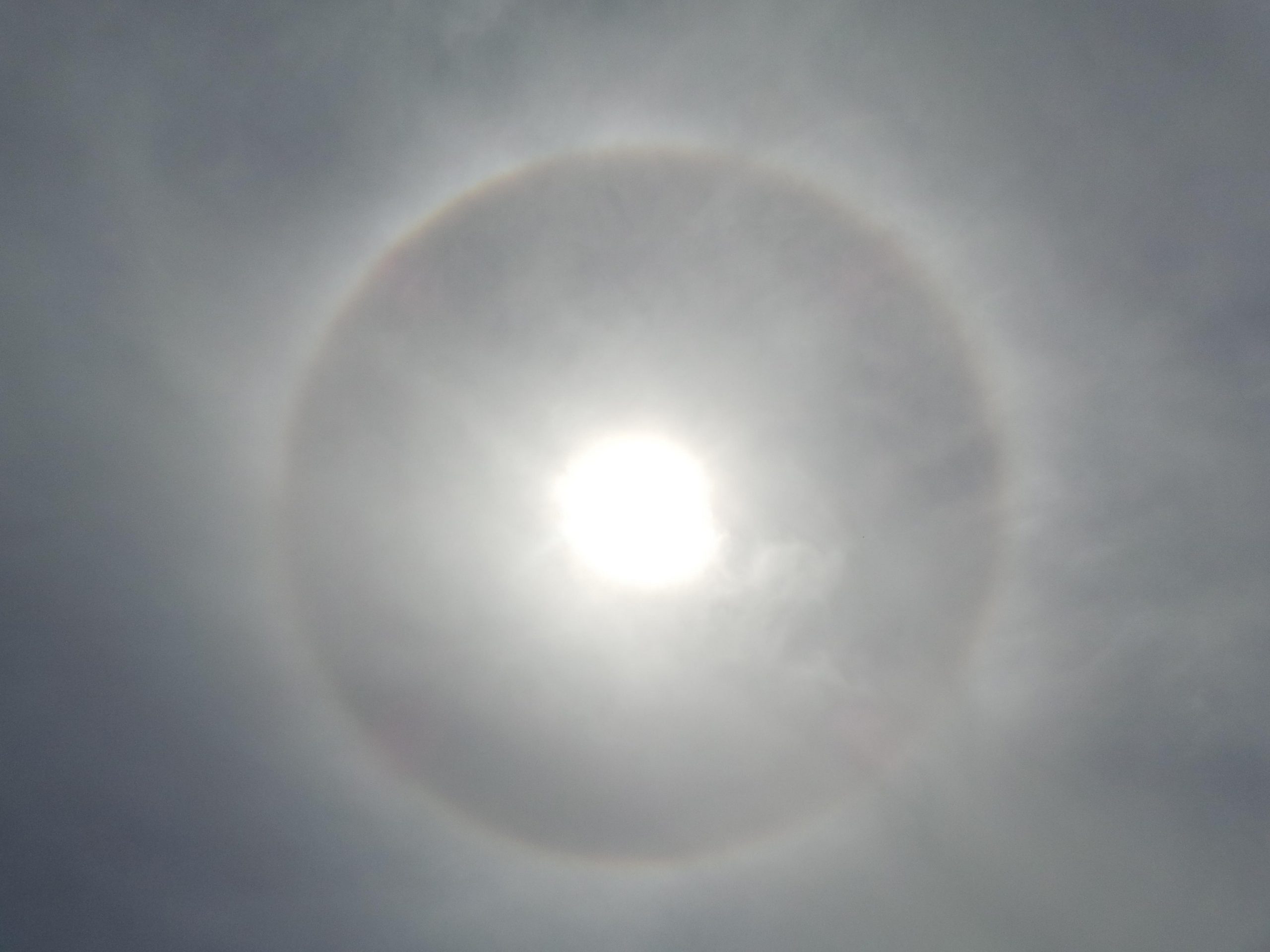Blessed are those who hunger and thirst for righteousness’ sake, for they will be filled (Matthew 5:6).
I believe in eternal life.
Rational argument does not persuade me. Great philosophers convince me that we cannot prove wonderful things unseen. That does not threaten my belief. After all, the ardent atheist believes in the love of her friends, although hard pressed to rule out a con or mere chemical reaction in their brains. Nobody escapes the inability to demonstrate without doubt claims held dearest.
How tempting then to believe because the Bible tells me so! The Bible’s stories awaken me to my story in God’s and God’s story in mine. Its poems attune my ear to the sound of the Word and sharpen my eye for the movement of the Potter’s hand.
But God did not create Adam (me) and say, “OK, wait until you see the promise written down.” God said enjoy the garden and the woman. And after we sinned, God made us garments and sent us out into a harsh, ambiguous world in which we no longer walk with God in the evening breeze.
An irrational leap of faith does not suffice. True, reason takes me to a precipice: I can neither prove nor disprove immortality, so I must decide. Deciding whether to believe determines how I live and who I am. But with so much at stake, pondering a blind leap freezes me at the edge.
I need help.
So at that precipice, God helps me. God loves relentlessly and will never give up. I believe in eternal life because Christ conquered death, and I claim that not only because the Bible tells me so, but because Christ touches me here, now, palpable, closer to me than I am to myself even amid toil and suffering.
I believe in eternal life because I live it now. I believe in eternal life because it is so pregnant with meaning that it groans.
You do not read here the confession of a man arranging staid doctrines. I confess this because I hunger and thirst for righteousness, “for the goodness I do not have” of which Mary Oliver wrote in her poem, “Thirst,” one of the best commentaries I know on this Beatitude. Paradoxically, this goodness we do not have, once confessed, becomes a righteousness Oliver, you, and I do have because of the hungering and thirsting itself.
I do not hunger and thirst alone.
Rather, I hunger and thirst with you. And we participate in hungering and thirsting greater than yours and mine, greater than us, greater than the whole groaning creation (see Romans 8:19-25).
There would be no need for consolation if life ended in nothingness, in no more worries, risks, grief, regrets, and conflicts, just nothing. The compassionate Buddha proposed that as a far better alternative than reliving life’s struggles and vicissitudes. But I believe in eternal life because I know myself loved even in my darkest hours by One who overshadows death and whose joy is not complete until I finally rest in God. Until you rest in God. Until every last one of us rests in God.
This post, last publshed September 26, 2016, is dedicated to the memory of my father, C. Rees Jenkins, Jr.
Related Post


0 Comments